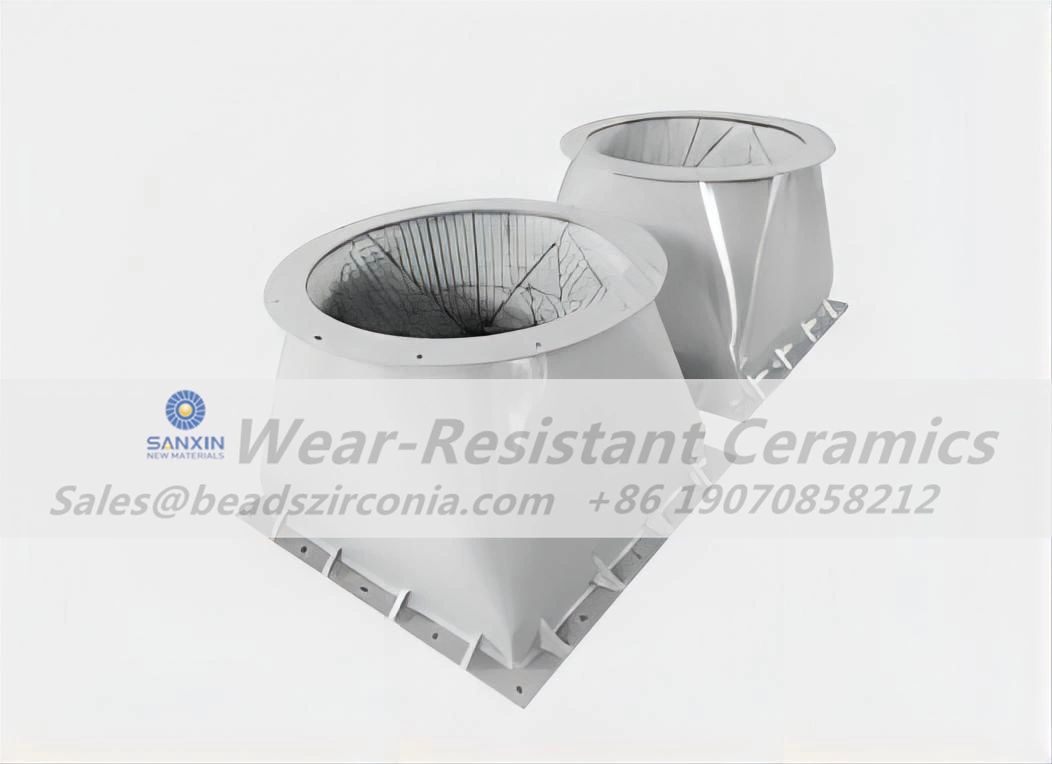In the realm of modern industrial construction, casting plays a crucial role. In both the production and practical application of castings, there is often a need for precise weight estimation. Today, let's delve into three commonly used methods for estimating the weight of castings, showcasing professional calculation techniques.

The estimation of casting weight is fundamentally rooted in the mass calculation formula (i.e., mass = density × volume). Generally, we calculate the weight of steel castings using the standard density of 7.8 tons per cubic meter. It's crucial to note that these methods are only applicable for estimation, as actual castings often contain composite materials like titanium carbide rods and ceramic particles. Therefore, when precise measurement of casting weight is required, alternative methods must be employed.
Once density is mastered, understanding the volume of the casting allows for easy weight calculation. Next, we'll introduce three commonly used accurate estimation methods.
For some regularly shaped castings, such as cuboids, cubes, spheres, cylinders, and truncated cones, the volume can be directly measured by assessing dimensions like length, diameter, and height. Once the volume is determined, the weight of the casting can be calculated using the mass formula. This method is applicable even for castings composed of a combination of these simple geometric shapes.
Three-dimensional diagrams provide an intuitive display of casting dimensions, with some drawing software even capable of directly showing the casting's volume. By combining this with the casting's density, we can accurately calculate the casting's weight.
For standardized castings with fixed dimensions and materials, the weight can be directly queried based on the model number.
While estimating casting weight is relatively straightforward, in practical applications, achieving higher accuracy requires consideration of the casting's actual materials, including composite alloy rods and ceramic particles. This necessitates corresponding adjustments to the density.
In the world of casting, accurately estimating the weight is an essential aspect of ensuring the efficiency and effectiveness of industrial processes. By understanding the mass calculation formula, mastering density considerations, and employing methods tailored to casting shapes, we can achieve precise weight estimations that contribute to optimal decision-making in various industrial applications.
Q1: Can the mass calculation formula be applied to all types of castings?A1: The mass calculation formula is a general guideline but may need adjustments for castings with complex compositions.
Q2: How does the density of castings affect weight estimation accuracy?A2: Density plays a crucial role, and adjustments may be needed based on the actual materials in the casting.
Q3: Are there alternative methods for weight estimation not mentioned here?A3: Yes, specialized methods may be required for unique casting compositions.
Q4: What role does 3D visualization play in weight estimation?A4: 3D visualization aids in accurately assessing the dimensions and volume of castings.
Q5: How often should weight estimations be recalibrated for accuracy?A5: Regular recalibration is advisable, especially when dealing with diverse casting compositions.
Charls Shaw
Sales Manager |Sanxin New Materials
Mobile:+86 19070858212(WhatsApp)
Email:sales@beadszirconia.com
Website:https://www.beadszirconia.com

Submit your demand,
we will contact you ASAP.

Sanxin New Materials Co., Ltd. focus on producing and selling ceramic beads and parts such as grinding media, blasting beads, bearing ball, structure part, ceramic wear-resistant liners, Nanoparticles Nano Powder

